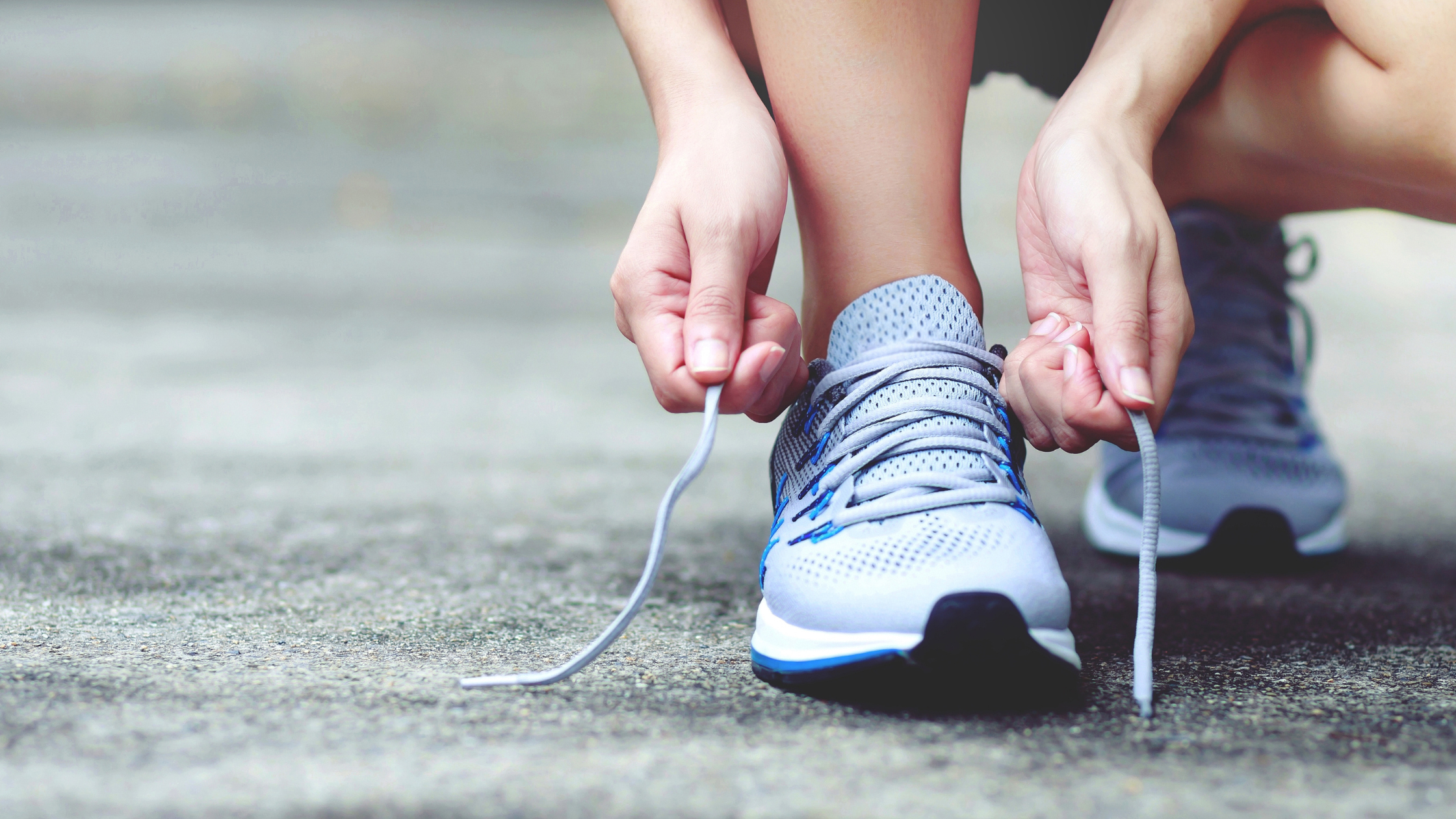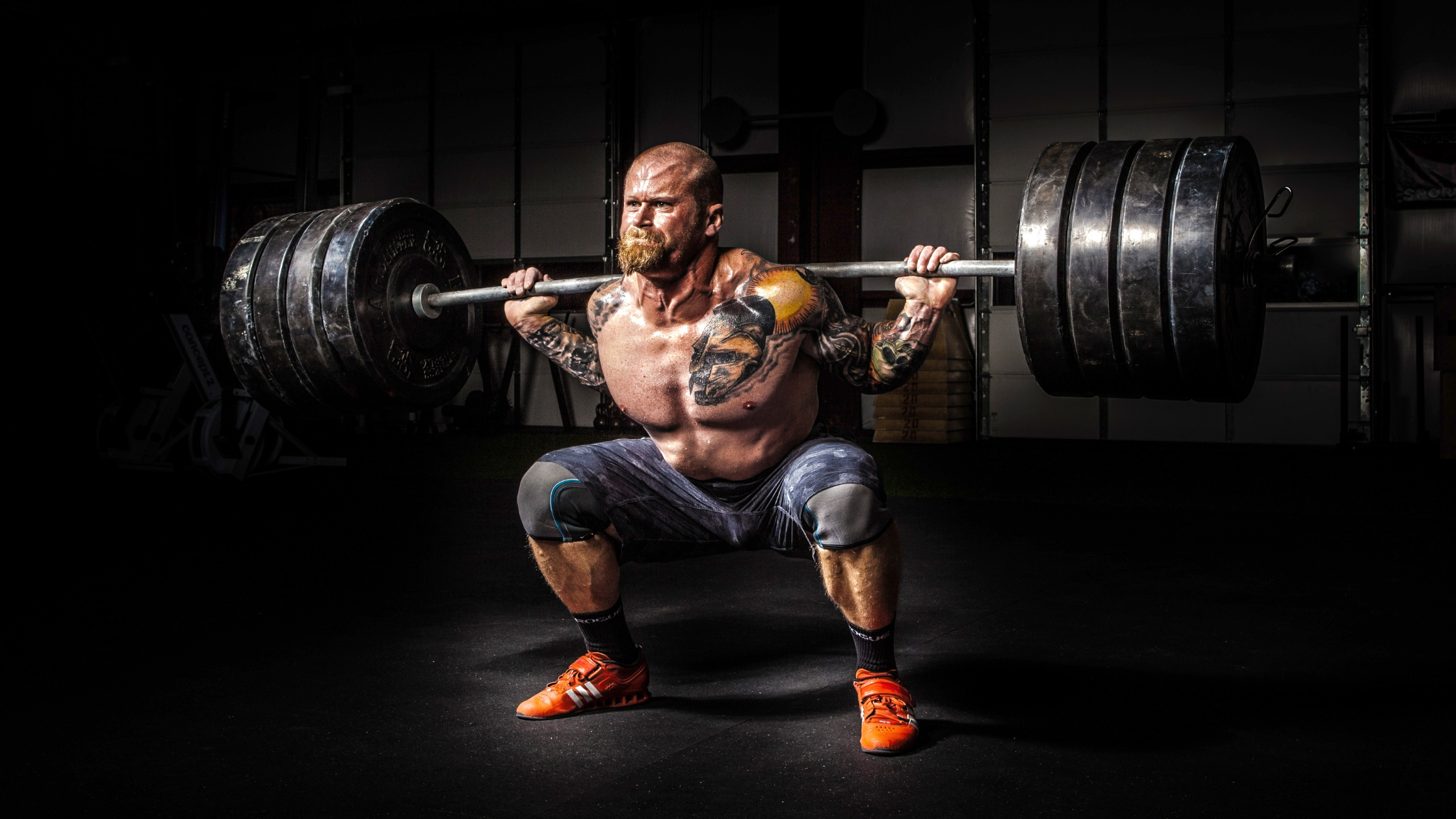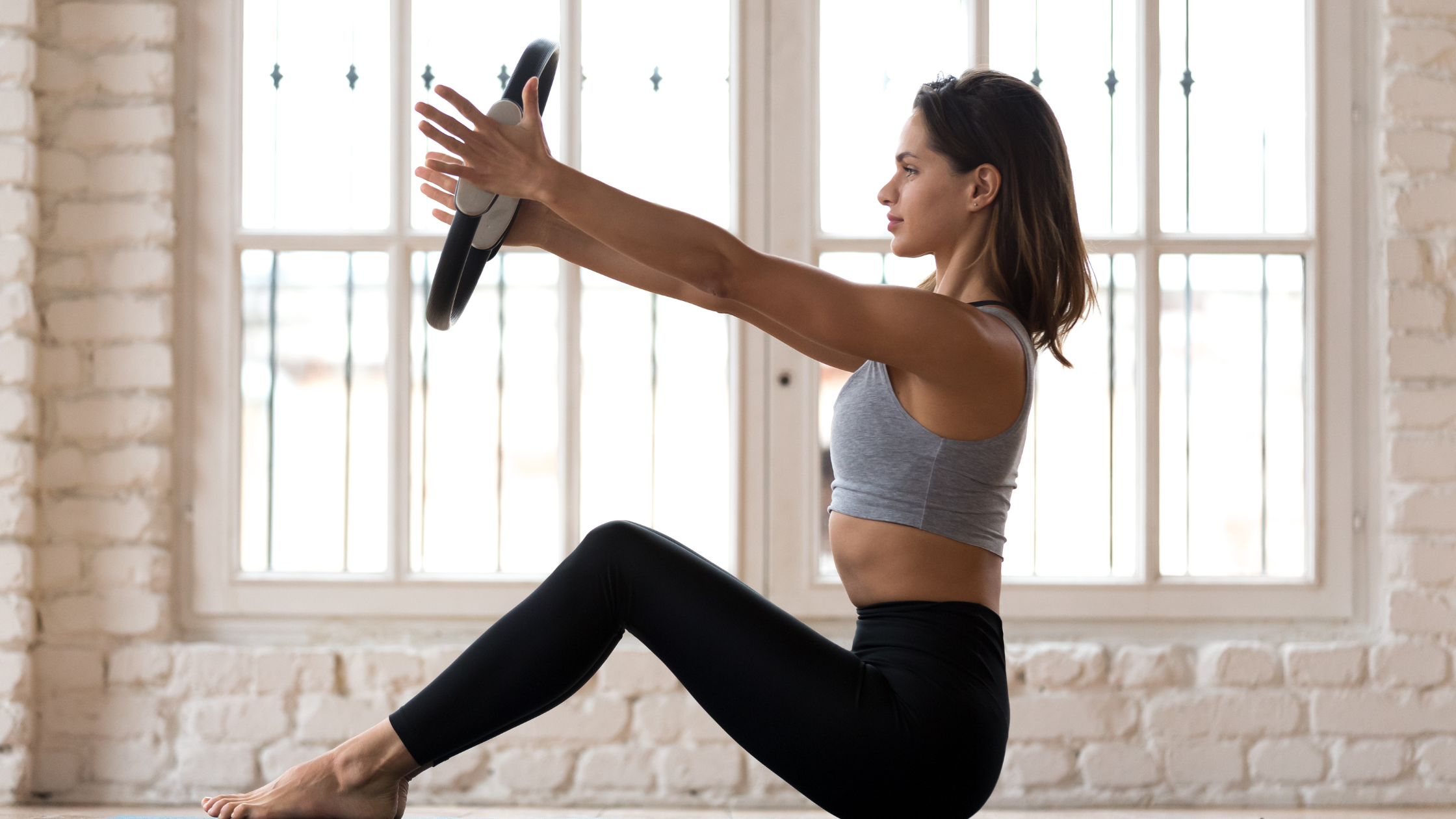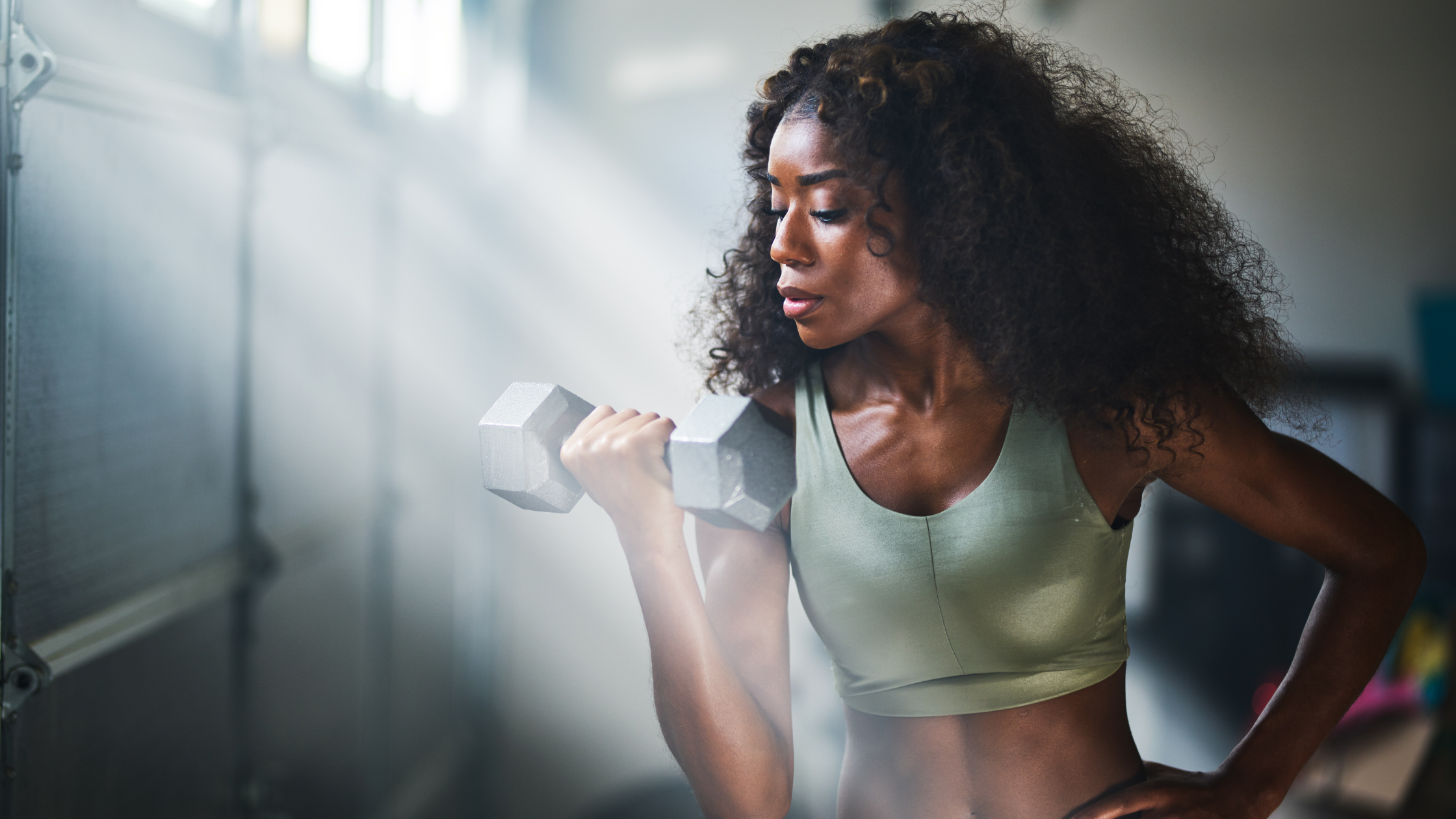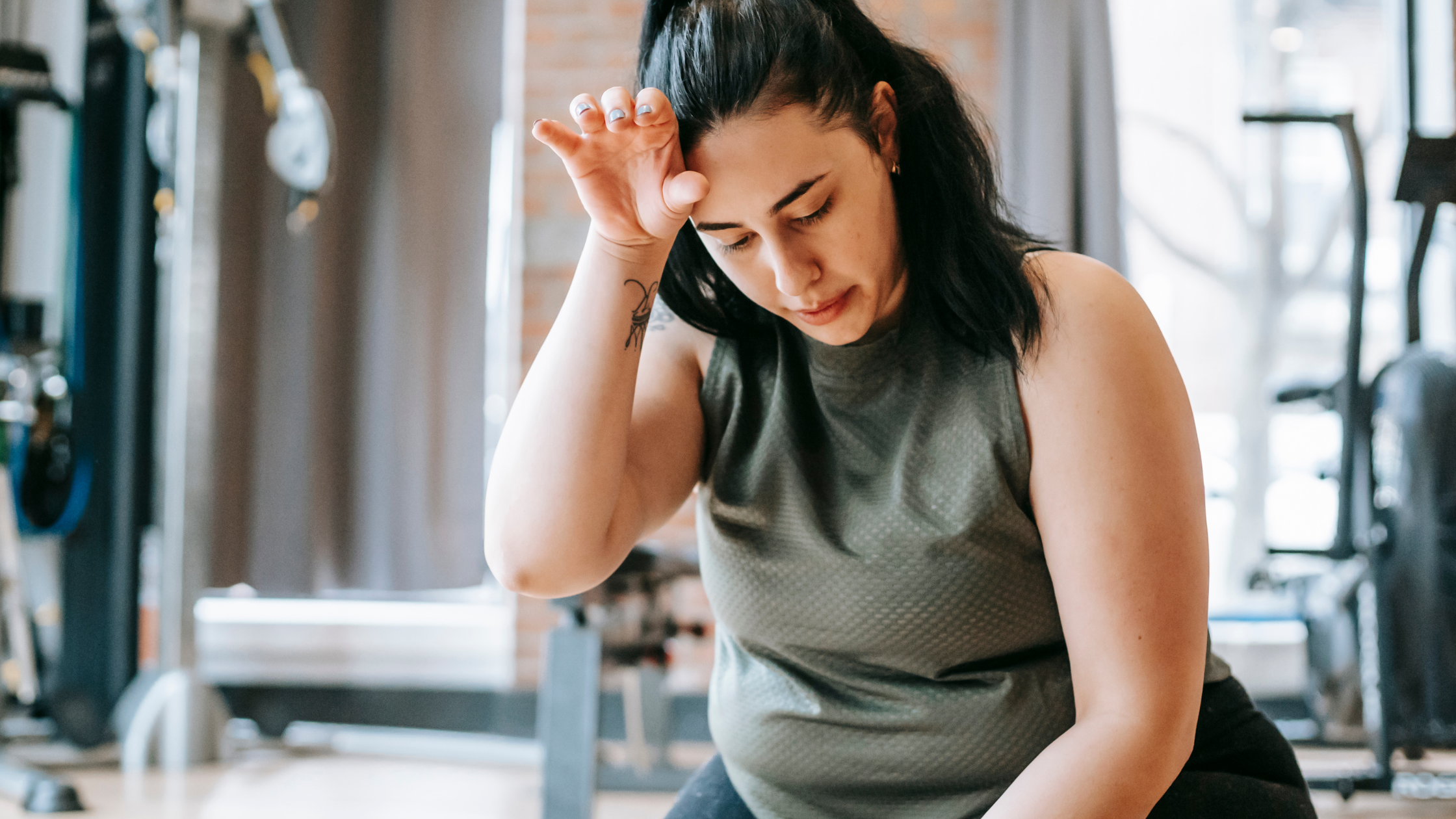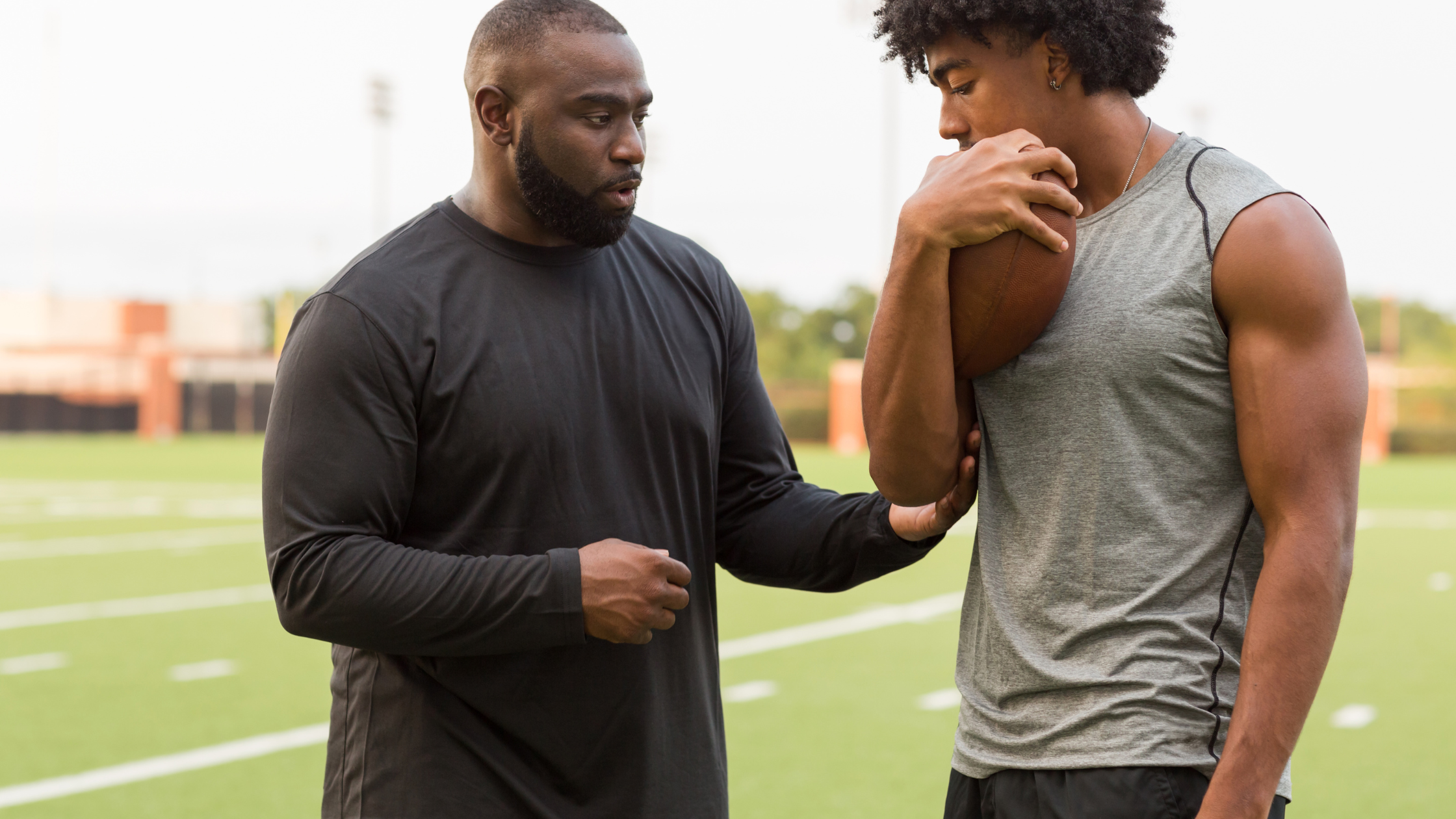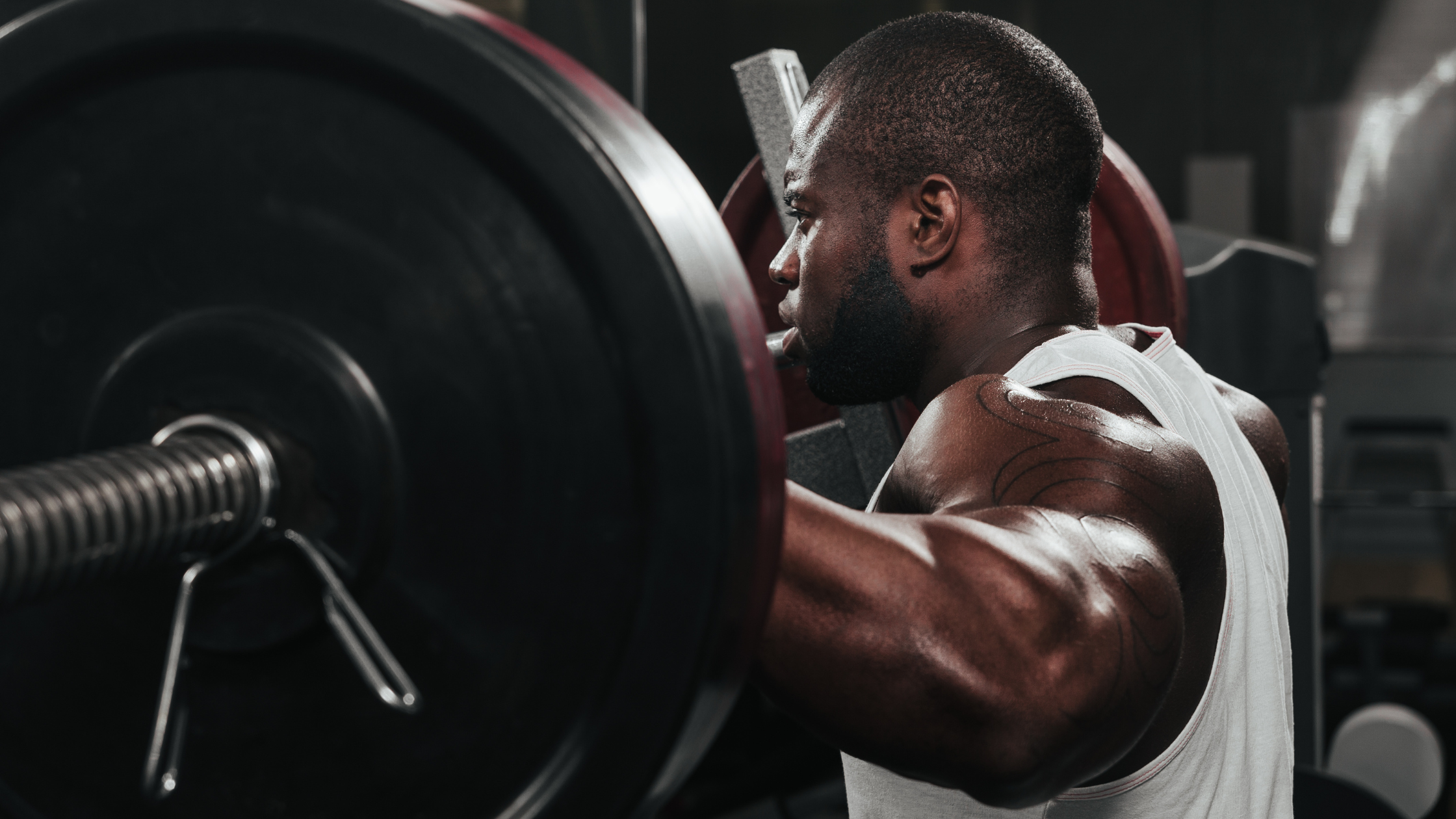As a first responder, your commitment to safeguarding and serving the community is unquestionable. Whether you're a firefighter, police officer, paramedic, or any other type of emergency personnel, your demanding job requires quick thinking, physical endurance, and emotional resilience. In the midst of this challenging environment, it's crucial to recognize the paramount importance of quality sleep in maintaining your well-being and effectiveness on the job. In this blog post, we'll delve into the unique sleep challenges faced by first responders and provide actionable tips for getting the rest you need to perform at your best.
Maximizing Marathon Success: The Crucial Connection Between Sleep and Training
Embarking on the journey to conquer a marathon is a remarkable feat that demands both physical and mental preparation. Amidst the rigorous training schedules, dietary adjustments, and mental conditioning, one essential component often goes overlooked: sleep. In this blog post, we delve into the intricate relationship between sleep and marathon training, and how prioritizing quality sleep can significantly enhance your chances of success on the big day.
Unlocking Strength: The Vital Connection Between Powerlifting and Sleep
Powerlifting, an exhilarating sport that combines raw strength, technique, and mental focus, has gained immense popularity in recent years. Athletes from all walks of life are drawn to the challenge of lifting heavy weights and pushing their physical limits. While the importance of training, nutrition, and recovery are well-known in powerlifting circles, one crucial factor often overlooked is the role of sleep. In this blog post, we delve into the intricate relationship between powerlifting and sleep and explore how quality sleep can elevate your performance, enhance recovery, and optimize gains.
Unlocking the Restorative Power: Exploring the Relationship between Sleep and Pilates
Sleep and exercise are two pillars of a healthy lifestyle, each playing a crucial role in our overall well-being. However, we often overlook the powerful connection between these two essential elements. In recent years, an increasing body of research has shed light on the profound relationship between sleep and exercise, specifically highlighting the benefits of incorporating Pilates into our sleep routine. In this blog post, we will delve into the symbiotic relationship between sleep and Pilates, exploring how they can work together to enhance our physical, mental, and emotional health.
How Resistance Training May be Better than Cardio for Sleep
It's not news that exercise has a positive relationship with your sleep. Exercise has been proven to help you fall asleep faster and stay asleep longer. Cardio exercises have especially been shown to help you get a good night's rest.
However, those types of exercises are only part of the story. It is recommended by the U.S. Department of Health and Human Services Physical Activity Guidelines for Americans to incorporate two days of resistance training to your workout regiment. These extra days of lifting weights could actually have an even bigger impact on your health than just cardio. Continue reading to learn what this means for you and your sleep.
At the end of another long day that came after another bad night of sleep, the last thing you may want to do is exercise. You may be trying to maintain your fitness goals and overall health. But at that point, nothing sounds better than going home to sit on the couch and get some much needed rest.
But what are the experts say? Is it safe for you to workout even thought you are tired and unfocused. Sleep deprivation makes it harder for you to make good decisions, pay attention, memorize things, and do much other than function at baseline. Working out involves coordination, awareness, focus and motivation - all of which go out the window when it comes to being so tired.
Continue reading to learn what experts say about exercising when you're tired.
Student athletes are a particular subset of people with special needs. They have to balance their school, athletics, and extra curricular activities. This can make it difficult for student athletes to obtain the number of hours of sleep that they need.
On average, college athletes spend between 27-41 hours per week on training and competition. They also have high pressure to perform academically well, and have to attend class, office hours, tutoring sessions, and academic advising. At least 42% of student athletes report getting poor sleep every day, with 3 in 5 students getting less than 7 hours of sleep a night.
Guidelines state that adolescents and teens should be averaging 8-10 hours of sleep a night. For student athletes, the bottom number actually increases to 9 hours of sleep a night.
A study found that 72% of them nap on a regular basis, but napping can interfere with sleep schedules and cause insomnia at night. Therefore, it's important to find the best time to nap, and not snooze for too long.
Sleep varies according to level of activity of a particular student athlete. More strenuous sports require longer sleep for full recovery. Therefore, there isn't a single recommendation for sleep that covers all student athletes. Given the many variables that go into one's sleep requirements, it's best for student athletes to analyze their own sleep patterns and determine what amount of hours makes them feel good.
Early morning workouts have significant benefits, but are not always possible. Mornings can be so chaotic, with the main goal of just getting out of the door. But, exercising is still important and can promote health, sleep, and overall positive feelings about oneself.
Therefore, the only time left for working out is at night. Although research and sleep blogs advise you to avoid late night working out, the time of your workout is less important than the type of workout. Continue reading to find out the best and worst types of workouts before bed, and also some additional rules to keep in mind so you are not interfering with your sleep.
Feeling sleep after a workout? You could be curious about whether or not is the best idea to nap after you get done burning some calories. There are pros and cons to napping after a workout. Well-timed naps can improve alertness, memory and athletic performance, but a nap may also make it more challenging to fall asleep at bedtime.
Continue reading to learn more about the effects of a workout on the desire to sleep and if it's the best thing to take a nap or not.
The relationship between exercise and sleep is well-established. Aerobic exercise is fantastic for helping you get a good night's rest. However, cardio is not the only form of exercise that can positively benefit your sleep.
Did you know that you should also be including at least two days of strength training in your routine. Resistance training may help improve your sleep as well as cardio, as well. One study showed that individuals who regularly completed resistance training had better and longer sleep than those who just did cardio exercise. Continue reading to learn more about what that means for your sleep and exercise training.


